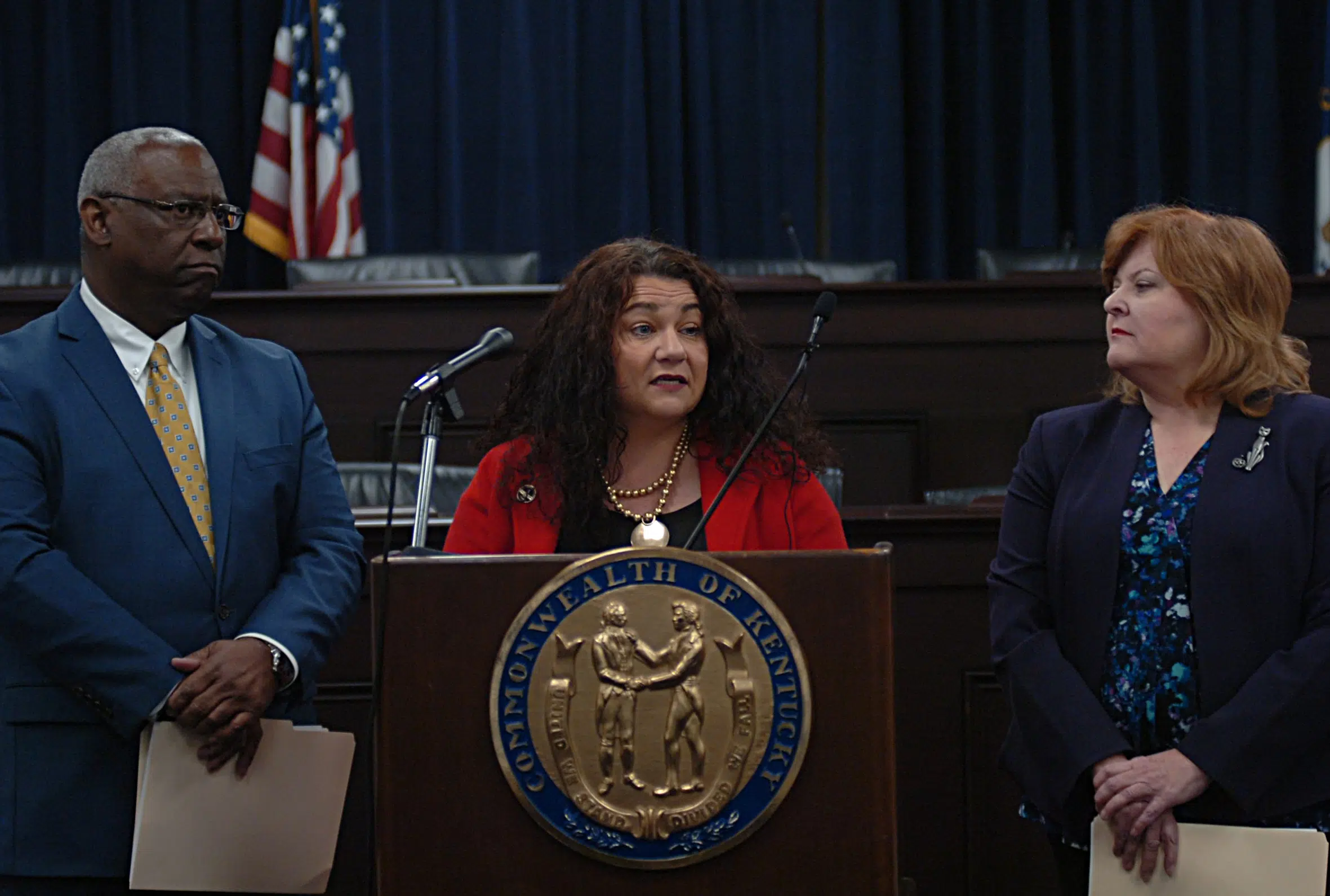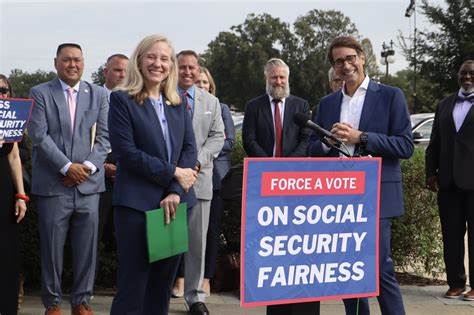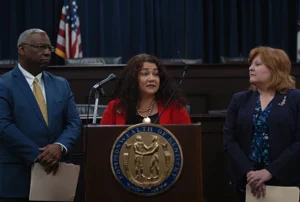Millions of retired public sector employees can now breathe a sigh of relief as Congress has officially approved full Social Security benefits for retirees who previously received them at a reduced level. This monumental decision aims to rectify longstanding inequities in the Social Security system, ensuring that public sector workers who devoted their careers to serving communities receive the benefits they’ve earned. However, critics warn that the $196 billion cost of this measure could accelerate the insolvency of the Social Security program.
What the Measure Entails
The newly passed legislation eliminates provisions of the Social Security Act that disproportionately impacted retirees in public service roles. The two key provisions addressed are:
- Windfall Elimination Provision (WEP):
This reduced Social Security benefits for individuals who earned pensions from jobs not covered by Social Security, such as educators or public safety officers. - Government Pension Offset (GPO):
This significantly reduced or eliminated spousal and survivor benefits for retirees with government pensions.
With these provisions now repealed, millions of retirees will receive their full Social Security benefits without reductions based on their public sector employment.
Who Benefits from the Change?
The legislation directly impacts approximately 2.5 million retirees, including:
- Educators: Teachers who worked in school systems not covered by Social Security will now receive the full benefits they earned through other employment.
- First Responders: Police officers, firefighters, and other public safety personnel can now access full benefits without reductions tied to their government pensions.
- Federal and Local Government Employees: Workers in roles traditionally excluded from Social Security coverage will finally receive equitable treatment.
- Surviving Spouses: Spousal and survivor benefits will no longer be offset for individuals who receive government pensions, providing much-needed financial stability to widows and widowers.
Financial Implications and Criticisms
While the measure has been lauded for addressing long-standing inequities, its $196 billion price tag has sparked concerns about the financial health of the Social Security program.
Concerns Over Insolvency
The Social Security trust fund is already projected to face shortfalls by the mid-2030s. Critics argue that the added financial burden of this measure could hasten the program’s insolvency.
Proponents’ Perspective
Supporters of the legislation contend that the cost is justified, as it corrects decades of unfair treatment for public sector workers. They also argue that equitable benefits may encourage greater public trust in the Social Security system.
Potential Solutions
To address concerns over insolvency, lawmakers have proposed measures such as increasing the payroll tax cap, adjusting benefit formulas, or introducing new revenue streams for the Social Security trust fund.
The Road to Approval
The path to repealing the WEP and GPO has been long and arduous. Advocacy groups and bipartisan coalitions have pushed for this change for years, highlighting the disproportionate impact these provisions had on public servants.
Key milestones leading to the bill’s passage include:
- Grassroots Advocacy: Organizations representing educators, first responders, and public sector retirees rallied to raise awareness about the issue.
- Bipartisan Support: Lawmakers from both sides of the aisle recognized the importance of addressing this inequity, leading to overwhelming support in both chambers of Congress.
- Presidential Endorsement: The measure now heads to the President’s desk, where it is expected to be signed into law.
What This Means for Public Sector Retirees
The elimination of the WEP and GPO represents a significant victory for retirees who have long faced financial challenges due to reduced Social Security benefits.
Immediate Benefits
- Increased Monthly Payments: Retirees will see higher Social Security payments, improving their financial security.
- Enhanced Spousal Benefits: Widows and widowers will no longer face offsets that reduced or eliminated their benefits.
Broader Impacts
- Recognition of Public Service: The measure acknowledges the invaluable contributions of public sector workers by providing them with the benefits they deserve.
- Potential Boost to Recruitment: By ensuring fair treatment in retirement, the legislation may encourage more individuals to pursue careers in public service.
Future Implications
The approval of full Social Security benefits for public sector retirees marks a significant step toward equity in the U.S. retirement system. However, it also underscores the need for a comprehensive plan to address Social Security’s long-term solvency.
Lawmakers, advocates, and stakeholders must now work together to ensure that the program remains financially viable while continuing to meet the needs of all Americans.
The repeal of the WEP and GPO is a long-overdue victory for millions of public sector retirees. While challenges remain regarding the financial sustainability of Social Security, this measure demonstrates a commitment to fairness and equity for those who have dedicated their lives to public service.
As the nation moves forward, balancing the needs of retirees with the fiscal health of the Social Security program will be crucial. For now, public sector retirees can celebrate this hard-fought achievement and the brighter future it promises.











